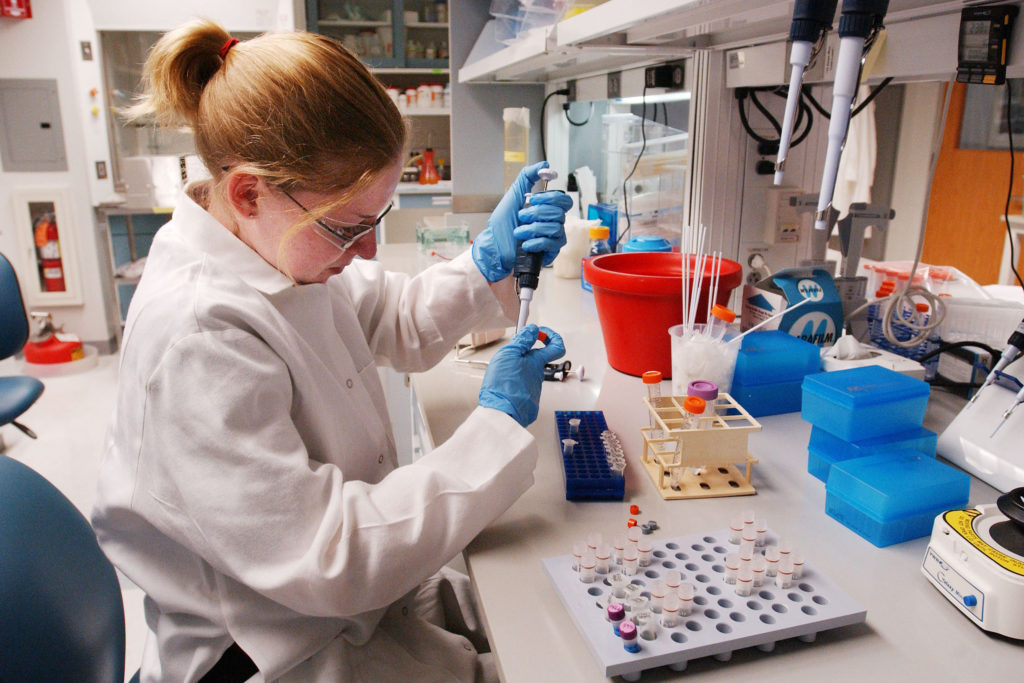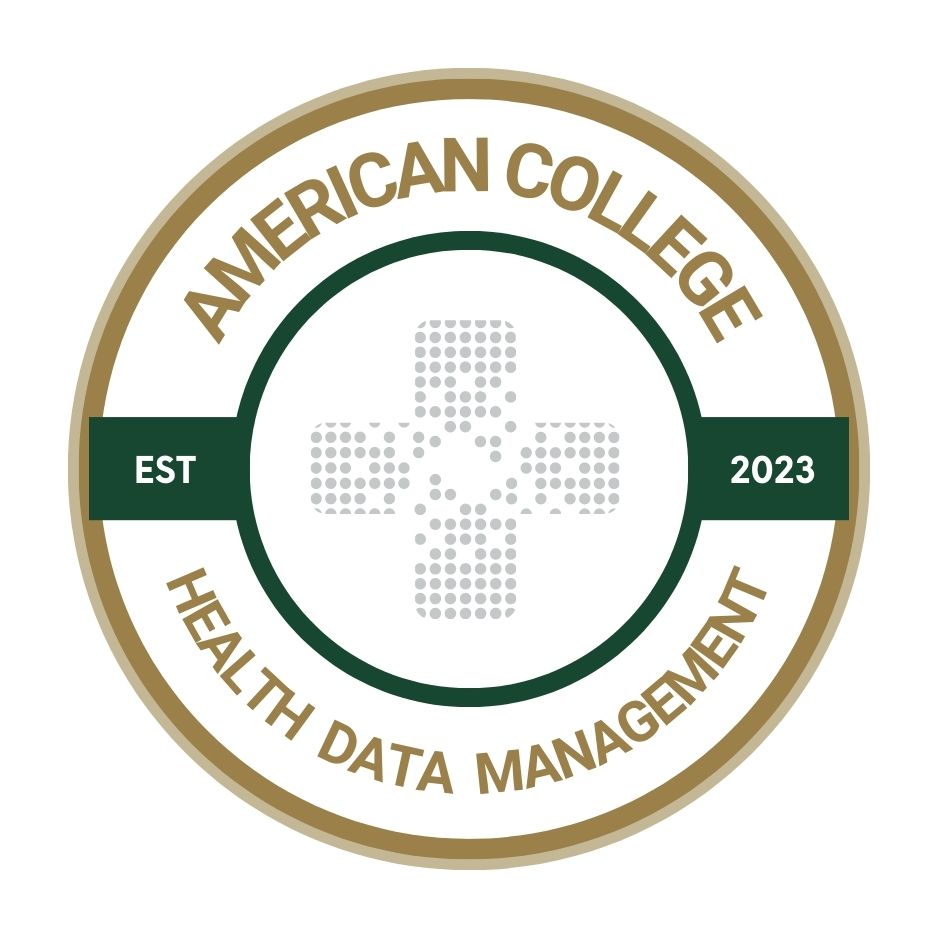International genomic initiatives: Goals, challenges and collaborations
The time has come for the formation of a multi-stakeholder international genomics accelerator that can support advances in healthcare.

The field of genomics has seen remarkable advancements over the past few decades, transforming the understanding of biology and medicine. But in considering this human advancement at the international level, there's wide variation in its availability and application by doctors that want to provide more effective patient care.
International genomics organizations are working to solve this problem. They play a crucial role in driving many programs from advancing local capabilities to contributing to innovative and impactful thinking from a global perspective.
These mostly nonprofit groups work best when fostering collaboration by bringing together the critical stakeholders – research, translational science, clinical implementation, technology investment, diagnostics, biotech and pharma, policy and regulation, patients and more.
This channel will bring to the forefront these issues, challenges, accomplishments and vision of the organizations, as well as their funding needs. We’ll also talk with industry partners and other stakeholders to get their input on achieving common goals.
Goals of international genomic organizations
Similar stories are echoing across the globe. A person leaves their home country to gain medical training in a highly resourced country. They see how genetic and genomic-based medicine can improve healthcare. They return to their low-resourced country and struggle daily to bring the same clinical tools to their patients. They join these organizations in an attempt to find solutions through collaboration.
Despite the progress, international genomic organizations (IGOs) face several challenges. Their members need local funding. Many could benefit from government initiatives that would support the full complement of activities in genomics, from research to patient care or cohorts to clinics. The required infrastructure in many places, from a trained workforce to laboratory services, is not fully mature.
Without a functioning genomic medicine ecosystem, access to genomic advancements remain a significant issue, particularly for low- and lower-middle-income countries. Financial constraints for these nonprofits and their need for sustainable funding are ongoing challenges. Additionally, coordinating efforts across different countries and regulatory frameworks can be complex.
Major accomplishments
Despite the challenges, IGOs have provided many benefits to small genomic research groups and individual doctors in many countries.
Successful international consortia and collaborations have facilitated the implementation and sharing of genomic databases and resources, hands-on knowledge, expertise in disease specialty areas, the use of interoperable data systems and genetic interpretation applications for patient treatment decisions, and applied tools from data analysis to family health history.
Securing funding for IGOs is both a challenge and an opportunity. Historically, many of these groups have relied on government grants or funding from a very small list of active global philanthropic agencies. The process of obtaining grants is tedious and time consuming. An application must match what grantors want, not necessarily what the IGO seeks to accomplish. This puts the chance of receiving an award in the single digits.
IGOs today must consider other ideas for generating sustainable income. The idea of an IGO as a “public good" is emerging, a kind of resource or asset in which many types of interested parties are willing to pay to play a part and hold limited but desired rights and privileges.
The concept of public goods refers to services or resources that are provided by nonprofit organizations for the benefit of the general public, and which are non-excludable and non-rivalrous. Social impact bonds are another possibility for funding. These are financial instruments that enable private investors to fund projects serving the public good with the promise of a return on investment if the project achieves its social outcomes.
IGOs should offer large active memberships with quantified skills and with member portals that include project management capabilities. IGOs that have created unique and marketable data sets – such as de-identifiable research and clinical registries, and diverse and functional cohorts with clinical trial and medical delivery implementation teams – have valuable services to offer. Organizational data is nothing more or less than a kind of raw material or resource.
Industry and commercial collaboration
The time has come for the formation of a multi-stakeholder international genomics accelerator for advancing healthcare. With the right partners and funding, this activity would bring together genomic research and advanced technology to build shared platforms that support translational and implementation science.
Public-private partnerships are another source of income not fully developed by IGOs. Genomic-focused activities should collaborate with government agencies and private sector entities to fund and deliver public goods. A mutually beneficial alliance between these parties is essential for driving successful projects, implementations, and distributing locally applied innovation around the world.
Currently, money flowing to genomics is mostly targeted at research and development. There's a need to increase the financial support that focuses on clinical implementation. With equal amounts of funding on both sides of this equation, we could build the future of integrative omics through cohorts to clinics.
As the financial question drives everything, ensuring the ability to obtain secure sustainable funding is the first Call to Action item.
Shared benefits of collaboration
Collaboration among IGOs, governments, industry partners and funding bodies provides many benefits. Enhanced research outcomes and innovation, improved clinical care and patient outcomes, and accelerated progress in personalized medicine are among the shared benefits.
Economic benefits and job creation, as well as the development of a robust global health infrastructure, further underscore the importance of collaboration.
IGOs play a critical role in this effort. Addressing funding needs, fostering collaboration and overcoming challenges are essential for realizing the full potential of genomics.
By working together, stakeholders can drive innovation, enhance clinical care, and build a healthier future for all. In addition to the first action item above, the remaining Call to Action items include the following.
Establish clear policies. Create policies and guidelines for data access, privacy and the ethical use of genomic information. This helps build trust and ensures that genomic data is used responsibly.
Enhance data sharing. Facilitate the sharing of genomic data across different institutions and countries. This can be achieved through federated data systems and standardized data formats to ensure interoperability.
Improve infrastructure. Develop robust technological infrastructure for local cohorts and clinical medical providers to support the storage, analysis and sharing of large-scale genomic and clinical data. This includes cloud-based solutions and secure data repositories.
Engage stakeholders Involve patients, clinicians, researchers and policymakers in the development and implementation of genomic initiatives. Their input is crucial for ensuring that the system meets the needs of all stakeholders.
Health Data Management believes that our readers are not just observers — they are active contributors shaping the future of healthcare. This International Genomics Channel is designed to be a collaborative space where leaders in research, clinical practice, public health, data science, policy and industry can connect around the shared mission of advancing genomic medicine globally. We encourage readers to engage with the content, share insights, highlight local challenges or breakthroughs, and contribute to discussions that can drive scalable, sustainable solutions.
Whether through thought leadership pieces, case studies or calls for collaboration, your voice is vital. Join us in building a dynamic, solutions-driven dialogue that elevates genomics from promising science to impactful care across the world.
Grant Wood is the chief executive officer of the Global Genomic Medicine Collaborative, a non-profit organization dedicated to advancing genomic medicine globally.
